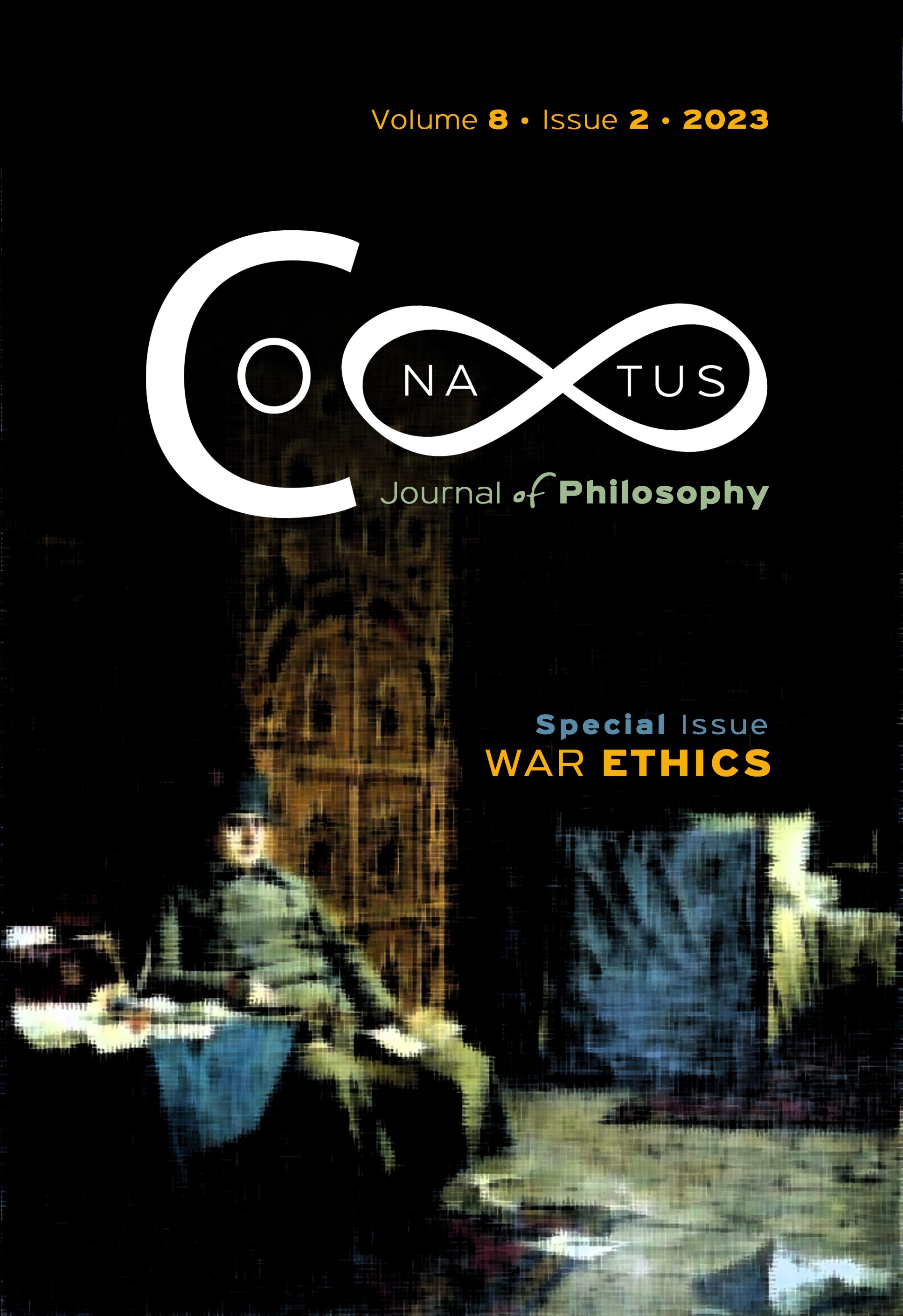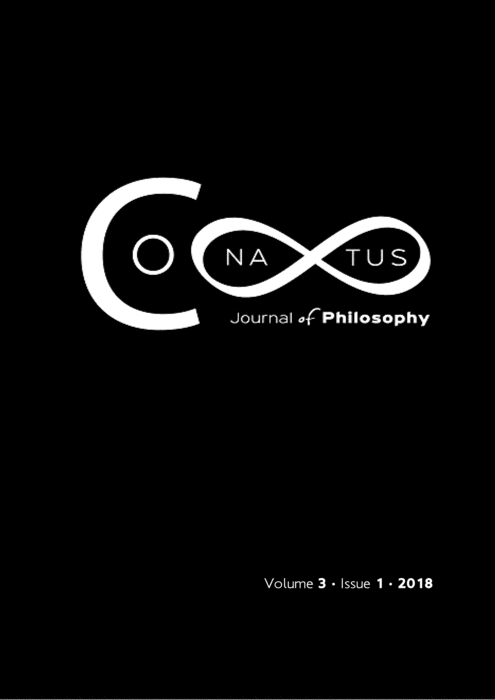The Nature of War

Abstract
The traditional definition of war given by classical authors is, that war is a violent conflict between sovereigns. This means that war cannot be outlawed by any higher authority, since the sovereign is the uppermost authority upon the lives of the persons that are subject to them. Only the sovereign has the right and the power to forbid the violent resolution of conflicts among their subjects, and as sovereign they are not subject to any higher worldly power, but only to the power of God. The obligations to God are for the most classical authors not of legal nature but constitute the realm of morality. Thus, the main question for the classical authors on war theory is the clarification of the moral conditions that justify a sovereign to wage war against another sovereign, the so-called theory of just war. Since the classical authors subordinate the concept of war under the concept of justice, the theory of just war includes reflections about the proper means of conducting a war from the point of view of justice. In other words, the theory of just war also formulates criteria for such acts that are considered as war crimes. In this essay I will not challenge the theory of just war itself, but the traditional definition of war in terms of exertion of legitimate violence. My alternative definition will be given in the third section of the essay, and relies on the Platonic concept of peace, and on the Aristotelian concepts of privation and analogy. I think that violence is not a constitutive characteristic of war, but the conceptual, i.e., logical consequence of its definition. In other words, the state of war can be declared and persist without any acts of violence. The use of violence is justified by the manifestation of the state of war.
Article Details
- How to Cite
-
Psarros, N. (2023). The Nature of War. Conatus - Journal of Philosophy, 8(2), 457–475. https://doi.org/10.12681/cjp.35271
- Section
- Articles
- Categories

This work is licensed under a Creative Commons Attribution-NonCommercial 4.0 International License.
Authors who publish with this journal agree to the following terms:
Authors retain copyright and grant the journal right of first publication with the work simultaneously licensed under a Creative Commons Attribution Non-Commercial International License (CC BY-NC 4.0) that allows others to share the work with an acknowledgement of the work's authorship and initial publication in this journal.
Authors are able to enter into separate, additional contractual arrangements for the non-exclusive distribution of the journal's published version of the work (e.g. post it to an institutional repository or publish it in a book), with an acknowledgement of its initial publication in this journal.
Authors are permitted and encouraged to post their work online (preferably in institutional repositories or on their website) prior to and during the submission process, as it can lead to productive exchanges, as well as earlier and greater citation of published work.






